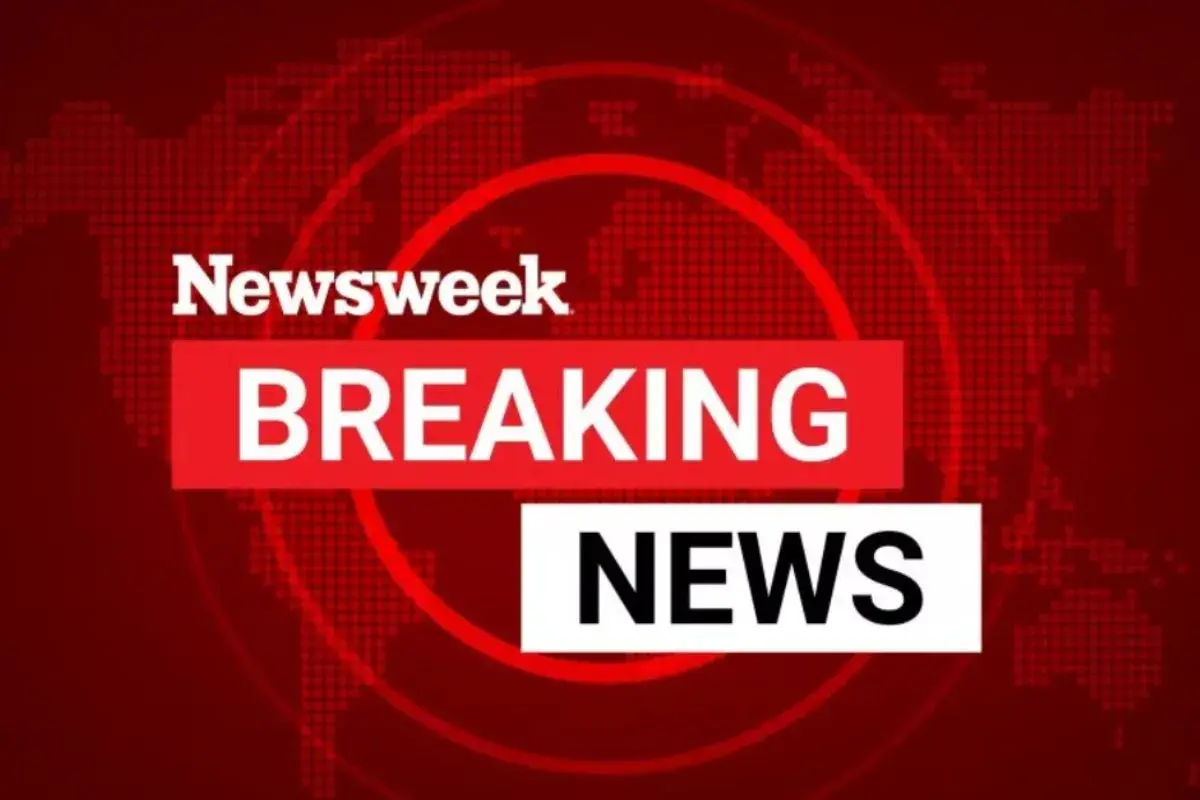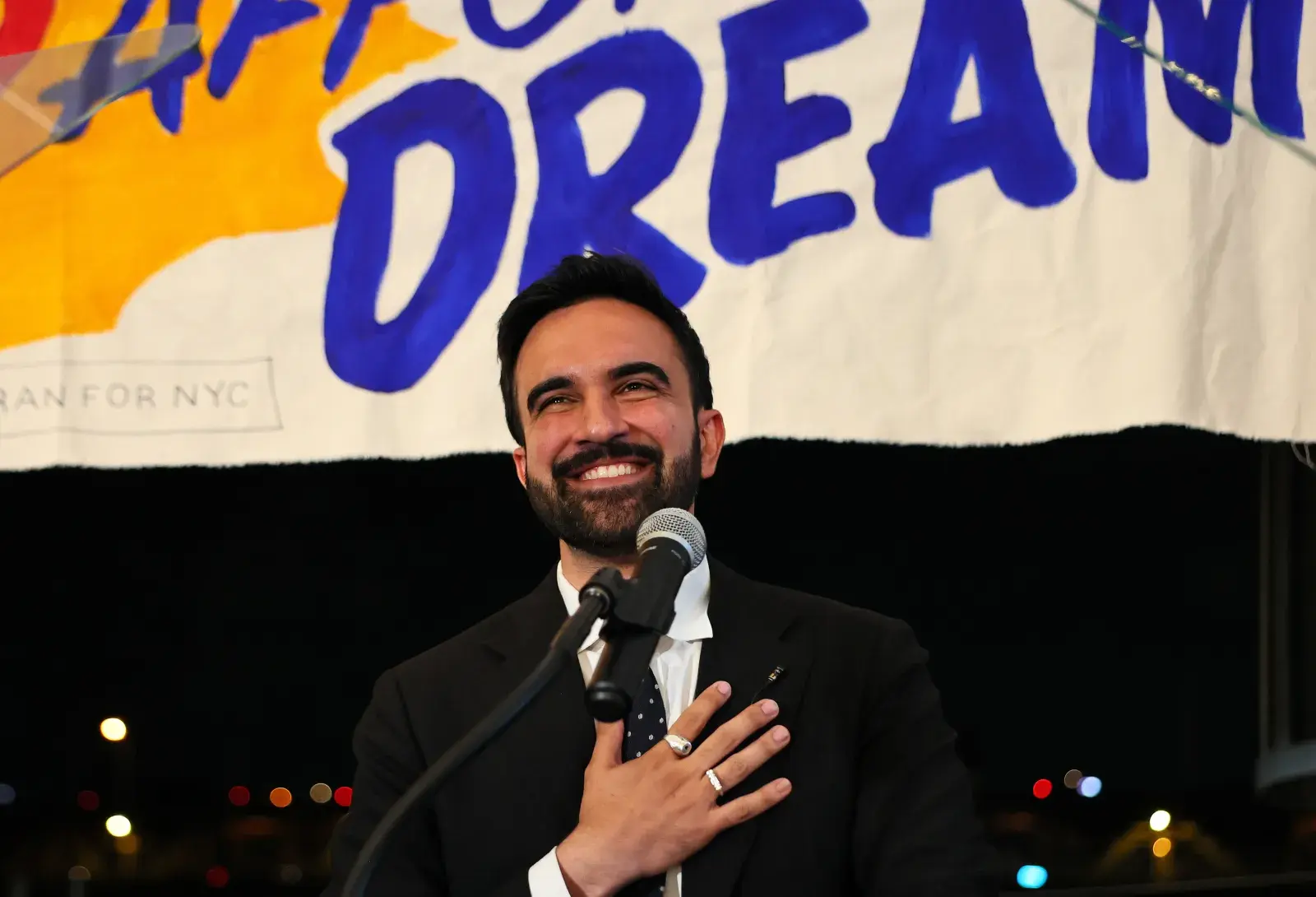Food banks have warned that a hunger crisis is looming as the federal government confirms it will not be delivering SNAP benefits in November due to the ongoing government shutdown.
Why It Matters
The Supplemental Nutrition Assistance Program (SNAP) helps approximately 42 million low- and no-income Americans pay for groceries. Benefits are paid for by the federal government and administered on a monthly basis.
But due to the ongoing government shutdown, which is now in its 28th day, the prospect of November's benefits going unpaid indefinitely is growing closer.
What To Know
"If 42 million Americans and more than 260,000 retailers don't receive $8 billion worth of grocery support in a week's time, we are going to see the greatest hunger crisis since the Great Depression, and that's not hyperbole. That's just true," Joel Berg, CEO of the nonprofit Hunger Free America, told ABC News.

During the Great Depression, which began in the late 1920s, mass unemployment left millions of Americans unable to afford food. Families went hungry while farmers destroyed surplus crops to keep prices up. Soup kitchens and bread lines became common, and malnutrition spread. The crisis ultimately led to New Deal programs which introduced the first federal food assistance efforts, which eventually became SNAP.
"The Atlanta Community Food Bank is the fourth largest food bank in the nation, by distribution volume," Kyle Waide, President and CEO of the Atlanta Community Food Bank, told Newsweek. "We receive 50,000 pounds of food per day and 15 percent of that could be at risk if the shutdown continues."
The non-delivery of benefits is going to exacerbate demand, Waide said, in a time when food insecurity is on the rise.
"We're serving 70 percent more people today than we did just 3 and a half years ago," he continued. "If the shutdown extends into November, there could be significant disruptions to SNAP and other federal programs that would also require families who rely on those programs to seek help from us."
The Greater Boston Food Bank (GBFB) said that if November’s SNAP benefits don’t go out, and participants rely on the state’s food pantry network instead, Massachusetts’ four food banks would need to supply up to 56 million additional meals that month—more than four times their usual monthly distribution.
"We have a very durable network of food pantries and meal programs that will do everything we can to provide as much healthy food as possible to our neighbors in this time of great need," said the GBFB in an email to Newsweek.
"Hunger is not a problem that philanthropy alone can solve, but for those who are able and inclined to provide financial support, giving to food banks is one way people can help," it continued. "We need our federal government to restore SNAP benefits immediately to ensure our most vulnerable neighbors have access to the food they need for their families. At the same time, we urge Congress to come together to end this government shutdown which is causing both low and middle-income people to suffer unnecessarily."
Why Aren't SNAP Benefits Being Paid In November?
SNAP, although a mandatory program, is funded through appropriations from the federal government. As these funds have not been made available due to the ongoing government shutdown, benefits cannot be paid.
The U.S. Department of Agriculture (USDA) has emergency funds if normal funding avenues are not approved. However, in a memo reviewed by Newsweek, the USDA said that the $5 billion in contingency funds cannot be used to cover SNAP benefits because "SNAP contingency funds are only available to supplement regular monthly benefits when amounts have been appropriated for," adding that the funds are reserved for programs meant to provide aid during disasters.
The agency also noted that drawing from the contingency fund would reduce resources for other food programs, including the Special Supplemental Nutrition Program for Women, Infants, and Children (WIC), the National School Lunch Program and various Child Nutrition Programs.
Correction, 10/29/25, 1:50 p.m. ET: This article was updated to correctly attribute the comments from the The Greater Boston Food Bank.




















